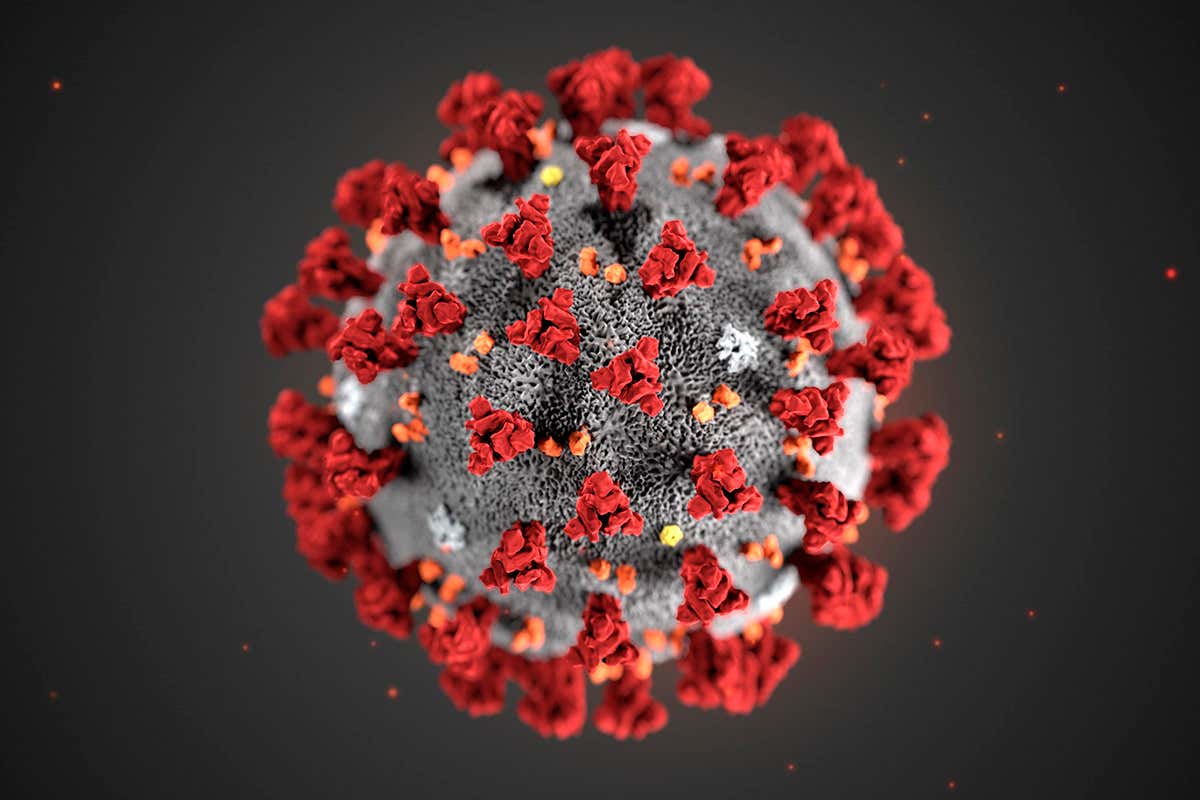What is COVID-19?
COVID-19 is a type of Coronavirus that is spread from person-to-person contact and has led to a pandemic. Although the word pandemic sounds very intimidating, understand that the Influenza virus, the flu, is also considered a pandemic. Taking proper precautions will decrease the rate of spread and protect you and your loved ones from COVID-19. Like any other virus you cannot get sick unless you come into contact with it and exposure does not always cause illness.
How does COVID-19 spread?
COVID-19 is a novel disease and research is ongoing to expand our understanding. The most recent research indicates that this virus is spread from person to person by respiratory droplets that are created from sneezing, coughing or talking. Transmission is also possible if an infected person touches something and a susceptible person touches the same spot then touches a mucous membrane to include eyes, mouth, nose, and genital region. It is not currently known how long COVID-19 is infectious in air and on surfaces so taking additional measures for safety is important.
Protecting yourself and others
Keeping up to date with the newest information and complying with CDC guidelines are the best ways to protect yourself and others. There is currently no vaccine available for COVID-19 although it is being studied and tested. The only true way to not contract this disease is to not come into contact with it at all. Stay at home when possible, wear a mask when in public that covers both the nose and mouth, clean and disinfect surfaces regularly, and wash your hands for at least 20 seconds or use alcohol-based hand sanitizer that is at least 60% alcohol. Complete errands online when possible to include virtual doctors appointments, grocery deliveries, and online banking. When in public, maintain 6-feet between any other person and be conscientious of touching things and then touching your face. Avoid high risk activities such as singing, shouting, coughing, and sneezing. Monitoring one’s health in addition to the health of those you are in close contact with is important for recognizing the disease and limiting the spread.
Sickness and Treatment
Anyone can get sick with COVID-19 so being able to recognize the signs are important. The signs and symptoms vary greatly and the intensity of the illness depends on the person. The major symptoms associated with COVID-19 are:
- Fever or chills
- Cough
- Shortness of breath or difficulty breathing
- Fatigue
- Muscle or body aches
- Headache
- New loss of taste or smell
- Sore throat
- Congestion or runny nose
- Nausea or vomiting
- Diarrhea
- Rash
There are more symptoms that have been found to be associated with the disease but are less common. In addition, many individuals will be asymptomatic and although they do not feel sick they can still transmit the virus. Elderly, immunocompromised individuals, obese individuals, and individuals with underlying medical conditions should be extra careful and limit contact with other people. There is no specific treatment for COVID-19, only treatment to relieve symptoms. Not being exposed to the virus at all is the only way to not get sick.
Research changes every day, checking dates and when information is released and staying up to date is the best way to protect yourself.




